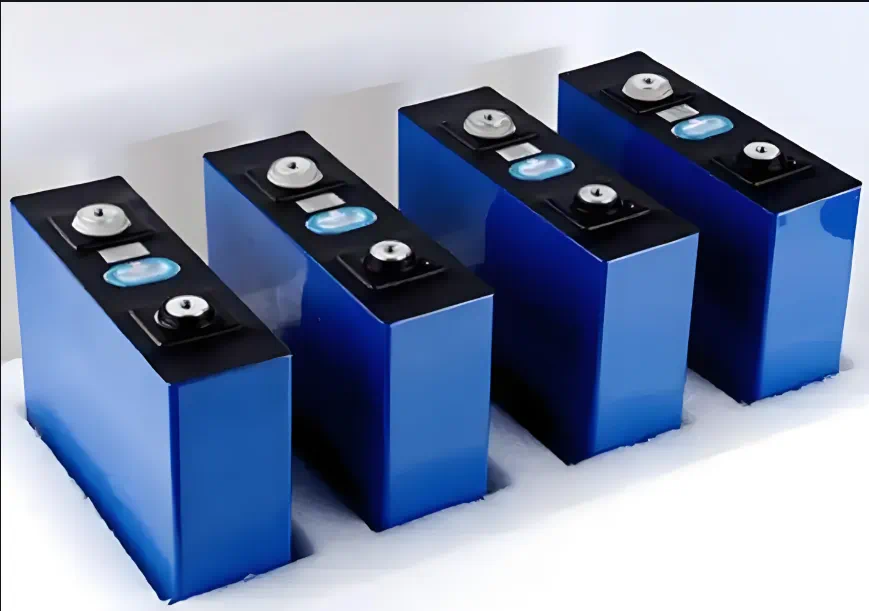In the field of power batteries, lithium iron phosphate batteries have become the mainstream of the market due to their high safety and long cycle life. However, why are lithium iron phosphate batteries generally packaged in aluminum shells instead of traditional steel shells?
In the industry, square lithium-ion batteries all use aluminum shells instead of steel shells. Next, we will analyze the six major advantages of aluminum shells over steel shells.
1. Lightweight advantage
The density of aluminum shell is only 1/3 of that of steel. Under the same capacity, the aluminum shell can be made thinner, which can reduce the weight of the battery by 15-20%. This is extremely important for lightweight portable devices (such as mobile phones, laptops) and electric vehicles.
2. Thermal management advantages
The thermal runaway temperature of lithium iron phosphate batteries is as high as over 500°C, but efficient heat dissipation is still required under extreme conditions. The thermal conductivity of the aluminum shell (237 W/m·K) is 5 times that of the steel shell (45 W/m·K), which can accelerate heat conduction and reduce the risk of heat accumulation.
3. Advantages of corrosion resistance and iodine chemical stability
Aluminum forms a dense aluminum oxide passivation film under high pressure, which effectively resists electrolyte corrosion; steel molds are more easily oxidized and require nickel plating, which increases costs and complicates the process.
Aluminum is more chemically stable to organic electrolytes than steel, and is more supportive of long-term use.
Aluminum is more chemically stable to organic electrolytes than steel, and is more supportive of long-term use.
4. Scalability advantage
Aluminum has better ductility and is suitable for stamping and stretching into complex shapes (such as square battery cases). The welding technology for aluminum is more mature than that for steel, and it has better sealing properties. Steel is difficult to process and more expensive.
5. Cost advantage
Aluminum is 30% cheaper than steel and consumes 40% less energy in processing, making it suitable for large-scale production. However, steel shells require additional nickel plating or the use of high-strength steel, which results in higher overall costs.
6. Security Advantages
Aluminum shells can release internal pressure by designing safety valves (such as explosion-proof valves) to avoid explosions; however, steel shells are too strong and internal pressure accumulation can easily lead to violent explosions.
The battery cell expands during charging and discharging. Aluminum shells can reduce the expansion coefficient and reduce structural damage by optimizing the alloy formula.
The battery cell expands during charging and discharging. Aluminum shells can reduce the expansion coefficient and reduce structural damage by optimizing the alloy formula.
7. Standardization and industry trends
Aluminum shells have formed national standards, and mainstream manufacturers (such as CATL and Guoxuan High-tech) generally adopt aluminum shell solutions. In the future, aluminum shell technology will continue to iterate, and composite aluminum materials will add magnesium and silicon elements to improve corrosion resistance, with costs only increasing by 5%. The honeycomb aluminum shell design reduces weight by 30% and increases impact strength by 40%.
 +86 13332949210
+86 13332949210 info@xihobattery.com
info@xihobattery.com







 Xiho
Xiho Apr 15 2025
Apr 15 2025











